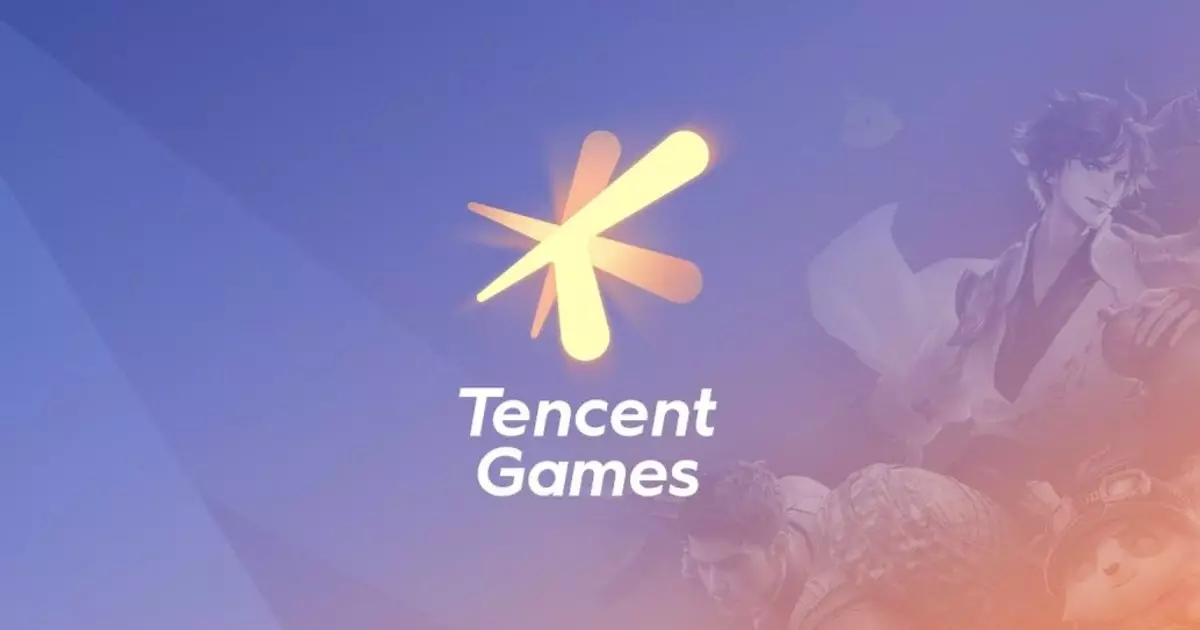In a significant development, Tencent, the Chinese video game titan responsible for blockbuster titles such as League of Legends and Path of Exile, has been added to a U.S. government list categorizing it as a Chinese military company. This move highlights escalating tensions in international relations concerning technology and defense. The U.S. government perceives a strong link between China’s civilian technological developments and its military objectives, prompting this strategic classification. This article delves into the implications of this designation for Tencent and the broader tech landscape, including the legal avenues the company has hinted it may pursue.
In light of its inclusion on the list, Tencent has vehemently rejected the characterization of being a military entity. The company labeled the inclusion as based on a “misunderstanding” and emphasized its commitment to being a civilian-focused enterprise. Tencent’s chairman, Ma Huateng, alongside the executive board, expressed that they were poised to take legal action if the mistake isn’t rectified, indicating a readiness to defend the company’s reputation.
The company’s public statements attempt to soothe investor and consumer concerns but come off as somewhat robotic and formulaic. Their articulated defense revolves around the assertion that Tencent does not engage in what the Pentagon terms “military-civil fusion.” The statement shines a light on the complexities of governmental categorizations, asserting that the company’s inclusion in this list pertains solely to U.S. defense procurement and doesn’t inhibit its broader business operations.
The U.S. government’s classification has serious repercussions for Tencent and other firms operating under similar scrutiny. The designation raises concerns regarding international business relationships, supply chains, and investment flows. Such lists not only tarnish a company’s public image but may also deter potential partnerships and collaborations, even outside defense sectors.
While Samsung, Huawei, and other technological entities have had their brushes with similar governmental restrictions, Tencent’s case highlights a new layer of complexity as it sits at the intersection of entertainment and emerging technologies. Companies like Tencent are integral to China’s digital economy, and their operations are deeply entwined with various non-military sectors, further complicating perceptions of their business activities.
Tencent is not the only Chinese entity navigating these murky waters. The drone manufacturer DJI and the Lidar company Hesai Technologies have previously challenged their listings in court. Their cases suggest a developing trend among Chinese companies versus U.S. governmental restrictions, hinting at a potential rise in legal battles concerning classifications that many believe are fundamentally flawed or misinformed.
If legal proceedings materialize, the ramifications could lead to more extensive scrutiny of how governments delineate military versus civilian corporations in an increasingly interconnected global market. The outcome of such proceedings may not only shape Tencent’s future but could also set pivotal precedents affecting other tech companies on similar watch lists.
Ultimately, the ongoing situation between Tencent and the U.S. government illuminates a deeper disconnect regarding understanding and communication between global tech enterprises and national defense interests. This case vehemently showcases the need for clearer frameworks categorizing companies and for ICAO (International Civil Aviation Organization) inputs regarding technology’s dual-use potential in both civilian and defense domains.
As tensions simmer, it is imperative for stakeholders—including governments, businesses, and the public—to engage in constructive dialogue to alleviate misunderstandings and create a more stable international business environment. Only through open communication can the technology sector continue to flourish despite geopolitical challenges, ensuring both economic stability and technological advancements.


Leave a Reply